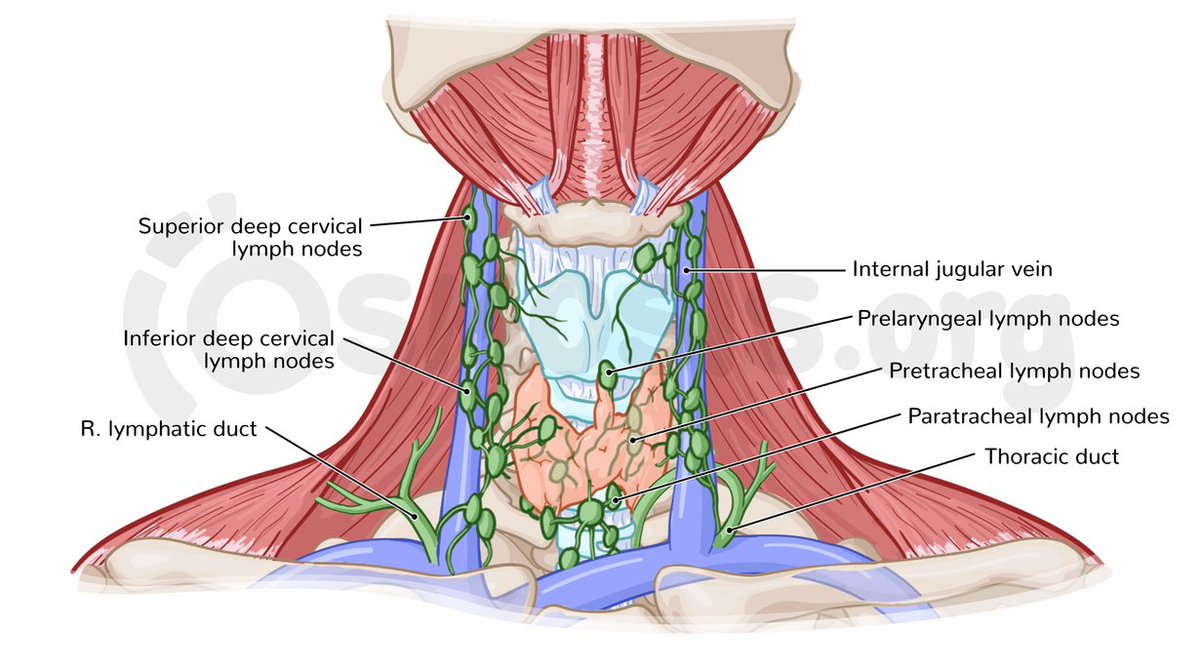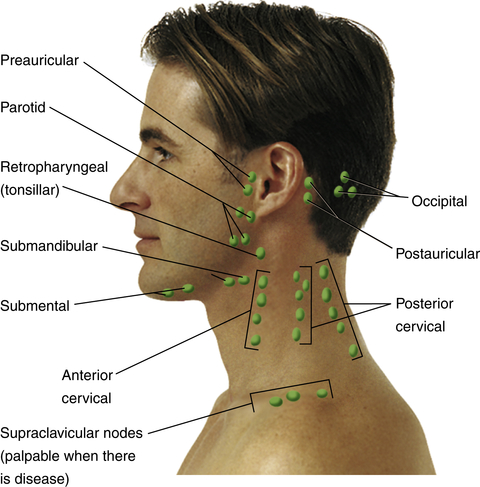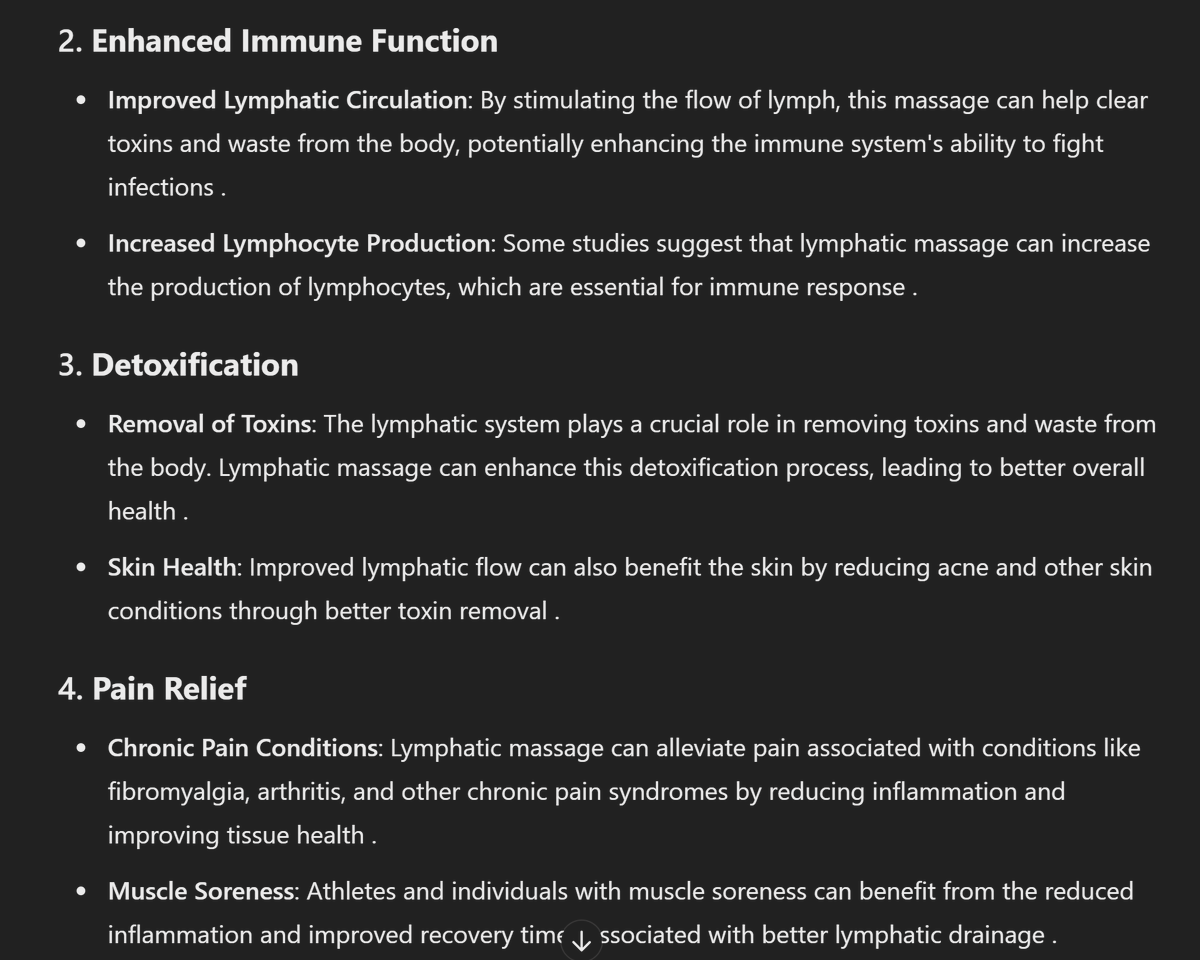
PhD in Biology (not an MD). Cognitive health and chronic disease recovery.
9 subscribers
How to get URL link on X (Twitter) App

https://x.com/chydorina/status/1656708398753406976

 2/x
2/x 






https://x.com/chydorina/status/1436064278499381281


 Multi-strain mixture composed of:
Multi-strain mixture composed of: 






 link in comments: nature.com/articles/s4157…
link in comments: nature.com/articles/s4157…

 article link:
article link:
 Born Free protocol link: bornfree.life/download/BF_Pr…
Born Free protocol link: bornfree.life/download/BF_Pr…
https://x.com/TheBorisLab/status/1825338425035338038

 paper:
paper:
 2/x
2/x 

https://x.com/chydorina/status/1674546232470151168










 The mineral deficiency score is driven in part by the low zinc which affects a LOT of the body's biochemical function.
The mineral deficiency score is driven in part by the low zinc which affects a LOT of the body's biochemical function. 